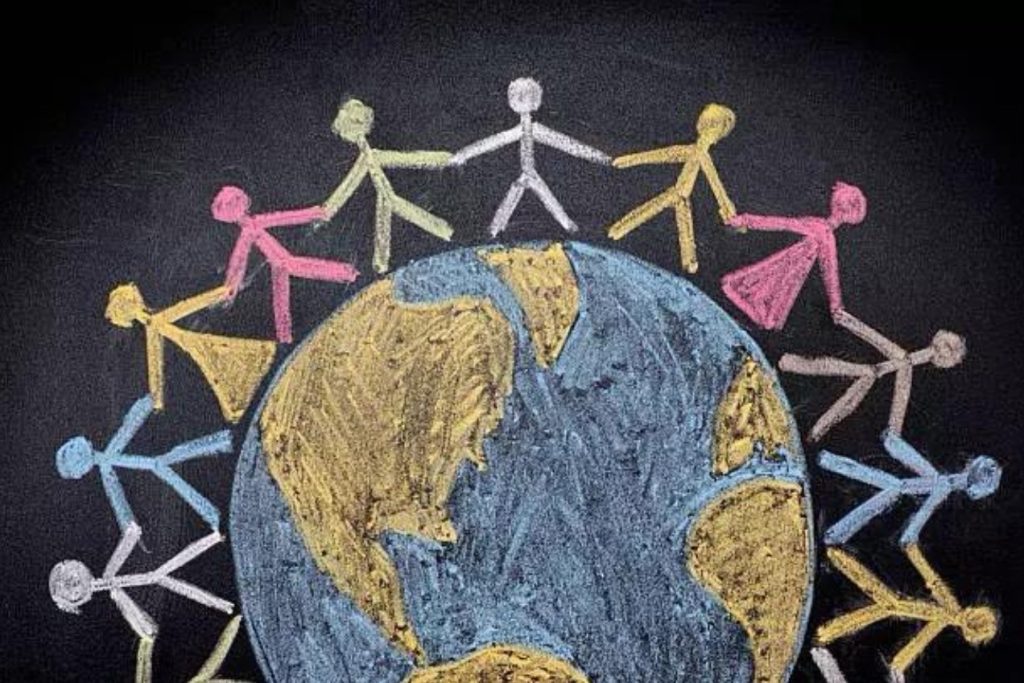
Our environment has lately felt louder than ever. Every new news article tends to remind us how greatly divided we are, through race, religion, politics, and even geography. It’s very easy for us to say that those walls built cannot and will never be taken down. That those divided will never truly be able to understand each other. However, there is a bridge that connects even those who are so deeply divided. That bridge is empathy. Although empathy may seem like a futile trait that most humans possess, it is essential to unify the divided. It can be taught, nurtured, and practiced even in a world like our own.
The first step in developing empathy is simple: listening. The kind of listening where you wait and pause long enough to fully understand someone else’s life, like it is your own. When you read a novel with a perspective that is wildly different from your own, you are stepping into someone’s shoes. When a student sits quietly as a classmate describes how it is to be far from home, empathy begins to grow in that silence. These events are not phenomena, they are regular skills. Just like any skill, empathy must be practiced.
The division is not that easy to do away with. Division not only discourages empathy but also actively resists it. Our own fears tend to convince our minds that caring for “another side” means that we are betraying our own. In a world of social media, we are rewarded more for outrage than compassion for others. These entire systems are built to profit off our division. Change for justice, peace, and reconciliation can feel naïve, but our history shows otherwise. In South Africa, decades of apartheid resulted in the nation being fractured. When the system had finally collapsed, leaders such as Nelson Mandela understood that political change alone was not enough. The Truth and Reconciliation Commission encouraged victims of violence and perpetrators to share their stories with society. The act of listening allowed those who had been enemies to begin seeing one another as human again. It was not just policy that held the nation together for many years.
The optimistic truth is that empathy is contagious. A simple act of genuine understanding can expand outward and encourage others to do the same. Moments may seem small in the larger scale of our world today, but they are seeds. In such a divided soil, they may take much longer to flourish, but they still hold the same power to bloom into something much more potent than fear.
So the answer is yes, empathy can be taught in a divided world. Not through lectures, but through real stories and shared experiences. Through having the courage to listen when it may seem easier to shout. Division may create walls, but empathy builds doors, and every door that is opened is a chance for our world to exist a little easier, together.
By Marley Kotroba